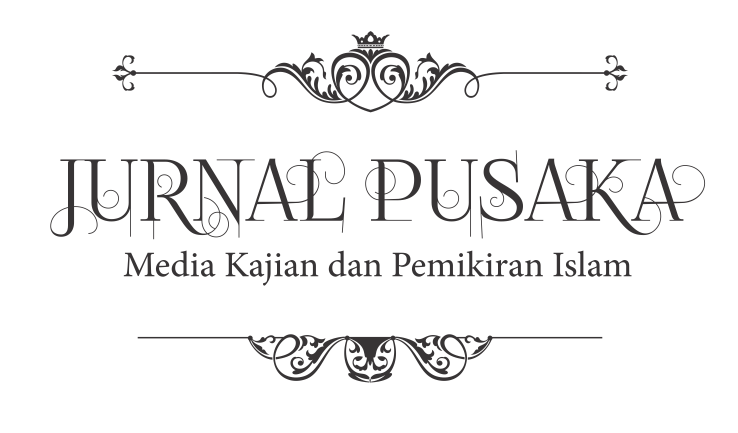TEOLOGI KEBUDAYAAN
REAKTUALISASI MADINAH CHARTER BAGI PEMBANGUNAN CIVIL SOCIETY DI INDONESIA
DOI:
https://doi.org/10.35897/ps.v3i2.36Abstract
Universality in Islam is close to the belief that the earth is round. This is especially true for nowadays, when the idea is often expressed for merely part of an apologia or for more serious discussion. Culture is an inseparable part in Islamic thought, as an integral part of human diversity, which has dynamic pattern. Ironically, in the middle of dynamics in the community, there are several sub-cultures that seem not quite compatible with the values taught and offered by Islam, such as the culture of queuing-laziness, the culture of anticorruption, the culture of intolerance and so forth. This culture is precisely exhibited in many Muslim populated countries, including Indonesia.
Theology discusses the basic tenets of a religion, while culture is the totality of the object (intellectual culture) that is supported by the subject (individual, group, class, sectors of society). Conventionally, the words madinah is defined as a city. But linguistically, the word implies civilization. In the Arabic, civilization is expressed in words or tamaddun madaniyah, other than in words hadlÄrah. There are two basic values embodied in the Charter of Medina as a base in establishing the state of Medina. First, al-MusÄwah wa al- ‘adÄlah, the principle of equality and fairness, second, inclusiveness (openness). In the context of Indonesia, two largest non-government organization of NU and Muhammadiyah are examples of how the efforts to develop the basic values of civil society.
Keywords: culture, civil society, Medina charter




